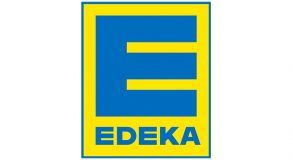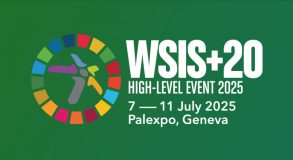The AFNIC would like to draw the attention on the recent RFC 4924
publication titled “Reflections on Internet Transparency”.
This RFC is mostly dedicated to remind how it is important not to prejudge usage and applications: The Internet must remain transparent, meaning that
all information units (IP packets) should be handled in the same way, without favouring or counteracting some applications. This neutrality allowed
and will allow to spread new innovations rapidly.
Namespace Mangling
The AFNIC wishes to particularly underline the 2.5.2 section of the RFC: “Namespace Mangling” that directly concerns its main activity.
This section describes the dangers of modifying the DNS answers sent by the servers. For instance by replacing a negative answer (example: Code
NXDOMAIN : No such domain) by another ready-built answer, for example, the IP address of a web server administered by a third party (even if
this web server claims to give a relevant service or information).
To make an analogy on the extent of this modification, it would be like having your Post Office change the recipient’s address of the letter you have sent.
The intermediates operating these types of manipulations impose their vision and go against a basic principle of the DNS, the faculty for
each holder to choose the rules of configuration that applies to all the names situated under his domain.
These practices violate security protocols such as DNSsec. They also make DNS problems more difficult to solve as the answers given by the
name servers are completly reworked and altered.
This problem is therefore very similar to the wildcards in Top Level Domains (TLDs), on which the AFNIC had already
commented (see the news posted on the 18th of September 2003).
These manipulations should never be imposed to Internet users.
Note on RFCs
RFCs (Request for Comments), like RFC 4924 cited here, are texts describing technical norms of the Internet as well as its achitecture,
its principles and various other practical questions.
This particular RFC was written and approved by the IAB (Internet Architecture Board),
the organism that supervises the Internet’s achitectural development.
List of RFCs in relation to the AFNIC’s activity (DNS, IPv6, DNSsec, ENUM, etc..)
About the AFNIC
(Association Française pour le Nommage Internet en Coopération)
Non-profit organization, the AFNIC is in charge of the administrative and technical management of the .fr (France) and .re (Reunion Island) Internet domain names.
The AFNIC brings together public and private members: representatives from the French government, Internet users and Internet Service Providers.
Further information.
About Afnic
Afnic is the acronym for Association Française pour le Nommage Internet en Coopération, the French Network Information Centre. The registry has been appointed by the French government to manage domain names under the .fr Top Level Domain. Afnic also manages the .re (Reunion Island), .pm (Saint-Pierre and Miquelon), .tf (French Southern and Antarctic Territories), .wf (Wallis and Futuna) and .yt (Mayotte) French Overseas TLDs.
In addition to managing French TLDs, Afnic’s role is part of a wider public interest mission, which is to contribute on a daily basis, thanks to the efforts of its teams and its members, to a secure and stable internet, open to innovation and in which the French internet community plays a leading role. As part of that mission, Afnic, a non-profit organization, has committed to devoting 11% of its Revenues from managing .fr Top Level Domain to actions of general interest, in particular by transferring €1.3 million each year to the Afnic Foundation for Digital Solidarity.
Afnic is also the back-end registry for the companies as well as local and regional authorities that have chosen to have their own TLD, such as .paris, .bzh, .alsace, .corsica, .mma, .ovh, .leclerc and .sncf.
Established in 1997 and based in Saint-Quentin-en-Yvelines, Afnic currently has nearly 90 employees.




